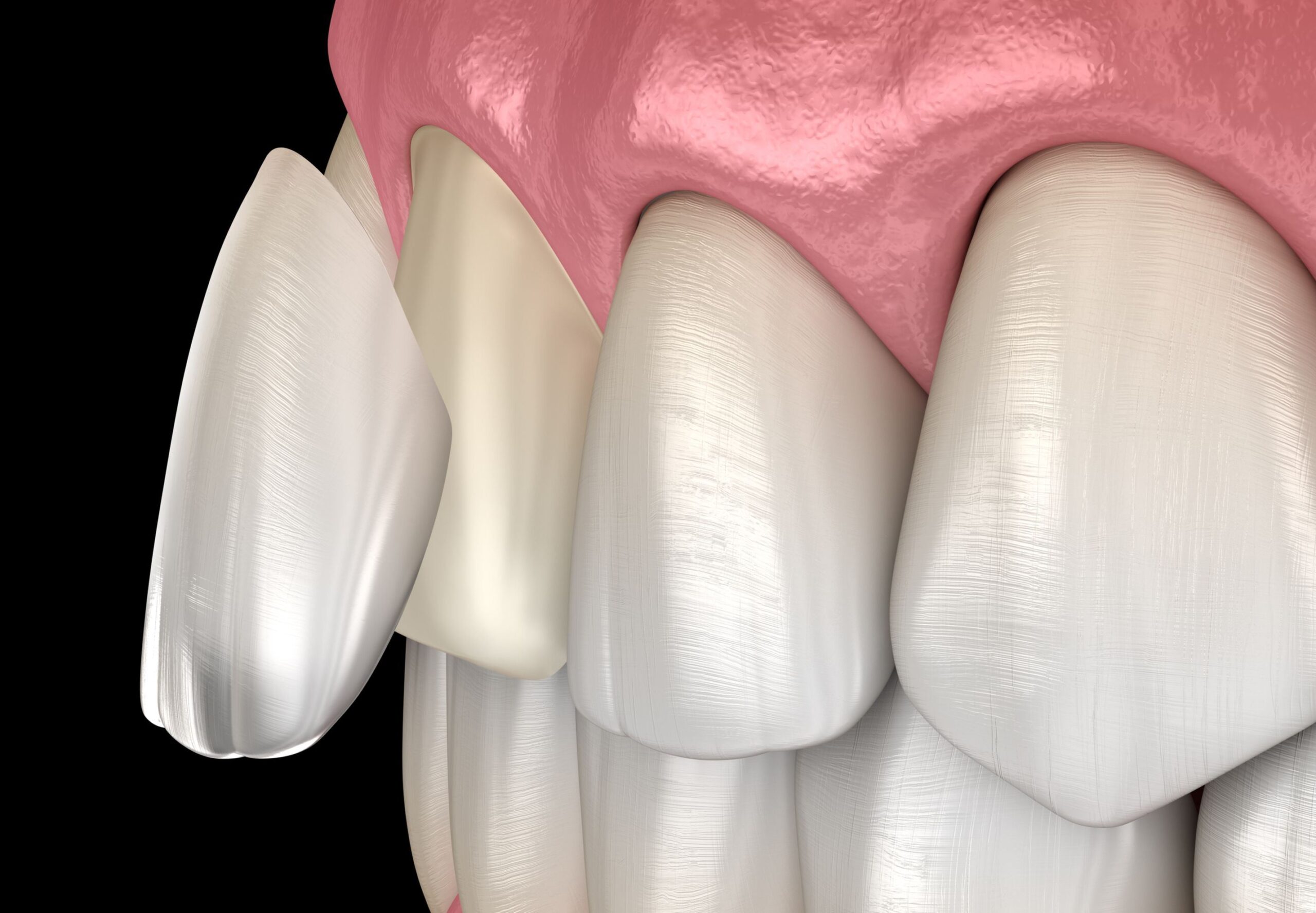
The condition of clenching and/or grinding your teeth is called bruxism. It’s very common with more than 3 million cases per year in the US. Most people grind in their sleep and may not even know it. It takes a trained professional to make the diagnosis since the symptoms of bruxism may look like other conditions. Signs and symptoms can include:
- Dental attrition (worn down teeth)
- Chipped or cracked teeth
- Muscle pain in the head and neck or TM joint pain
- Sensitive teeth
- Headaches
- Jaw locking
- Clicking or popping temporomandibular joint (TMJ)
What causes bruxism?
The most common cause of bruxism is stress. Stress which causes tension in the jaw muscles thus clenching and grinding the teeth. Bruxism may also be caused by airway constrictions, poor teeth alignment (issues with the “bite”), certain medications, etc.
I think I have bruxism. How do I know?
Dr. Taller screens every patient for bruxism with a medical questionnaire, clinical exam, and x-rays. If you have bruxism, he may recommend a treatment to repair damage and alleviate the condition.
I’ve been diagnosed with bruxism. What can be done now?
In most cases, bruxism can be treated successfully. Treatment options may include:
-
- Mouthguard. Dr. Taller can fit you for a custom mouthguard. The appliance will guide the TMJ to the most relaxed position and cushion the teeth to prevent further wear of the teeth. It typically is worn at night but may be worn during the day if necessary.
- Behavior changes. Changing how you rest your tongue, teeth, and lips can help reduce bruxism.
- Biofeedback. Biofeedback can be used to signal you when there is too much muscle activity so you can change that harmful activity. This is useful for daytime bruxism.
- Medications. If a conservative appliance or de-stressing practices are not enough, some medications can improve the condition, including muscle relaxants, anxiety medications or Botox injections. Discontinuing the use of bruxism-causing medications may also help.
If you have any symptoms of bruxism, early treatment can prevent damage to your teeth. Dr. Taller is conveniently located at 3601 Waldo Avenue, Riverdale, NY 10463. Call 718-543-3704 to make an appointment or schedule online.









